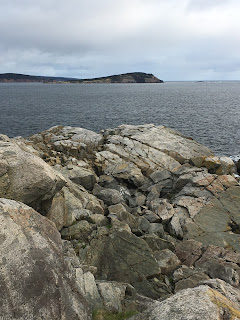As most Americans have likely seen on videos by now, a rogue wave struck the coast of Ventura, California, this week, injuring 8 persons and flooding the neighborhood. Though such waves have been reported for centuries, they were not documented until the mid 1980s.
Defined as a wave that is at least twice the height of surrounding waves, the cause for this destructive, natural phenomenon remains controversial. Most oceanologists point to a merging of waves with the transfer of energy to a single wave, induced by a complex interaction of surface winds and ocean currents. One confusing observation is that rogue waves often move against or across the direction of the prevailing wind.
Predicting this phenomenon is currently beyond our ability, just another reason that beachcombers, seafarers and coastal residents must respect the power of the sea. Whether climate change will augment the formation of these waves is unknown but it seems to be energizing most other weather-related catastrophes.





















